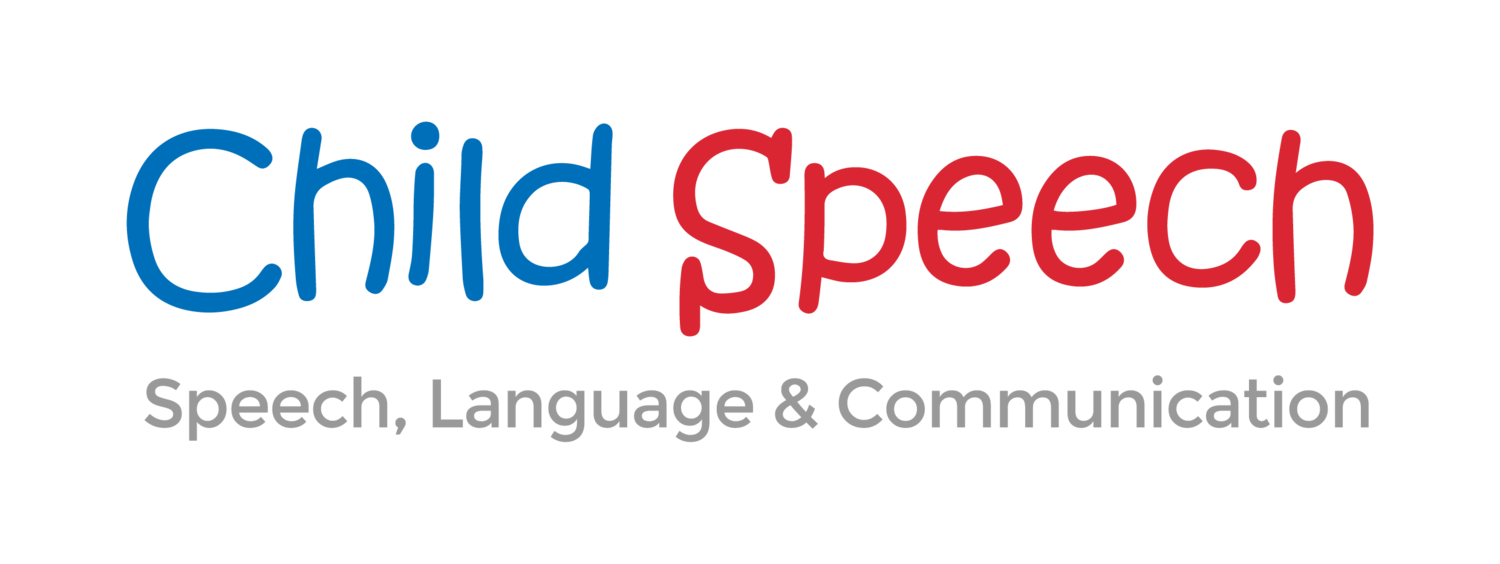Support for your school
We offer a range of provision from individual assessment of one child to a whole school package involving training of staff, screening of children and regular intervention. Talk to us to discuss your school’s specific needs and how we might be able to help. You can contact us here
Therapy
ChildSpeech can offer a range of provision from individual assessment of one child to a whole school package involving training of staff, screening of children and regular intervention. Talk to us to discuss your school’s specific needs and how we might be able to help
Children with SLCN are being identified in schools in increasing numbers. For the first time, OFSTED are also judging standards in communication in school children and for this reason, many schools are now choosing to buy in speech and language therapy.
training
Training for your staff can operate at many levels depending on their role, their interests and the needs of your school. ChildSpeech has experience at delivering and evaluating training with primary schools and can discuss a training package, which makes use of ChildSpeech and other nationally available resources, to suit your requirements.
These range from one-to-one coaching with teachers or teaching assistants as part of delivery of speech and language therapy up to specialist programmes leading to an academic award.
Teachers and assistants are skilled and experienced at teaching their children but may be less aware of how they can use their own language and communication skills to promote effective language for learning in their pupils.
Specific strategies that can be used in every interaction within school can make a big difference to children’s progress. For example:
Pausing after a question (the ‘ten second’ rule) before selecting a child to respond gives children who have language processing difficulties the opportunity to respond;
Repeating instructions verbatim will give children with auditory memory and language comprehension difficulties a second go at decoding the sentence;
Commenting in conversation with a child can result in a much more elaborate response from a child than direct questioning
consultancy
ChildSpeech has extensive experience of setting up speech and language therapy services to schools. The ChildSpeech model of provision aims to work in partnership with the teaching staff and the senior management team to address a child’s needs with SLCN in the context of the classroom and the school as a whole,
Did you know?
Around 10% of all children have long term SLCN
In areas of social deprivation, the number of children entering school with SLCN rises dramatically to around 50%
Of the 21% of children who are identified as having SEN, 28% at the primary level have SLCN as their main need
In secondary schools, this figure is just over 8%
When problems persist beyond age 5, a child is at risk for low outcomes in education and employment
.



